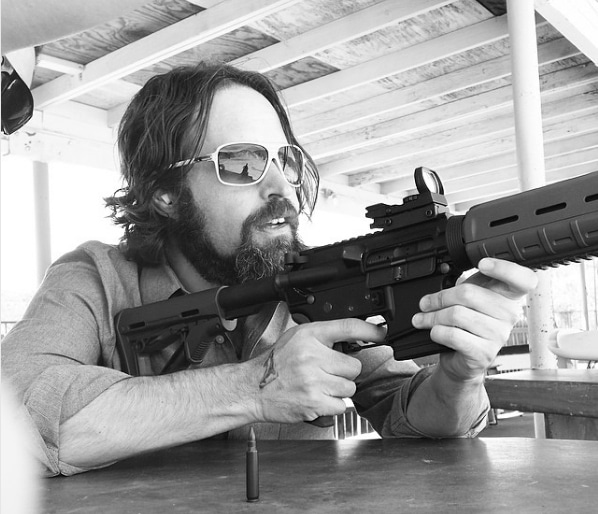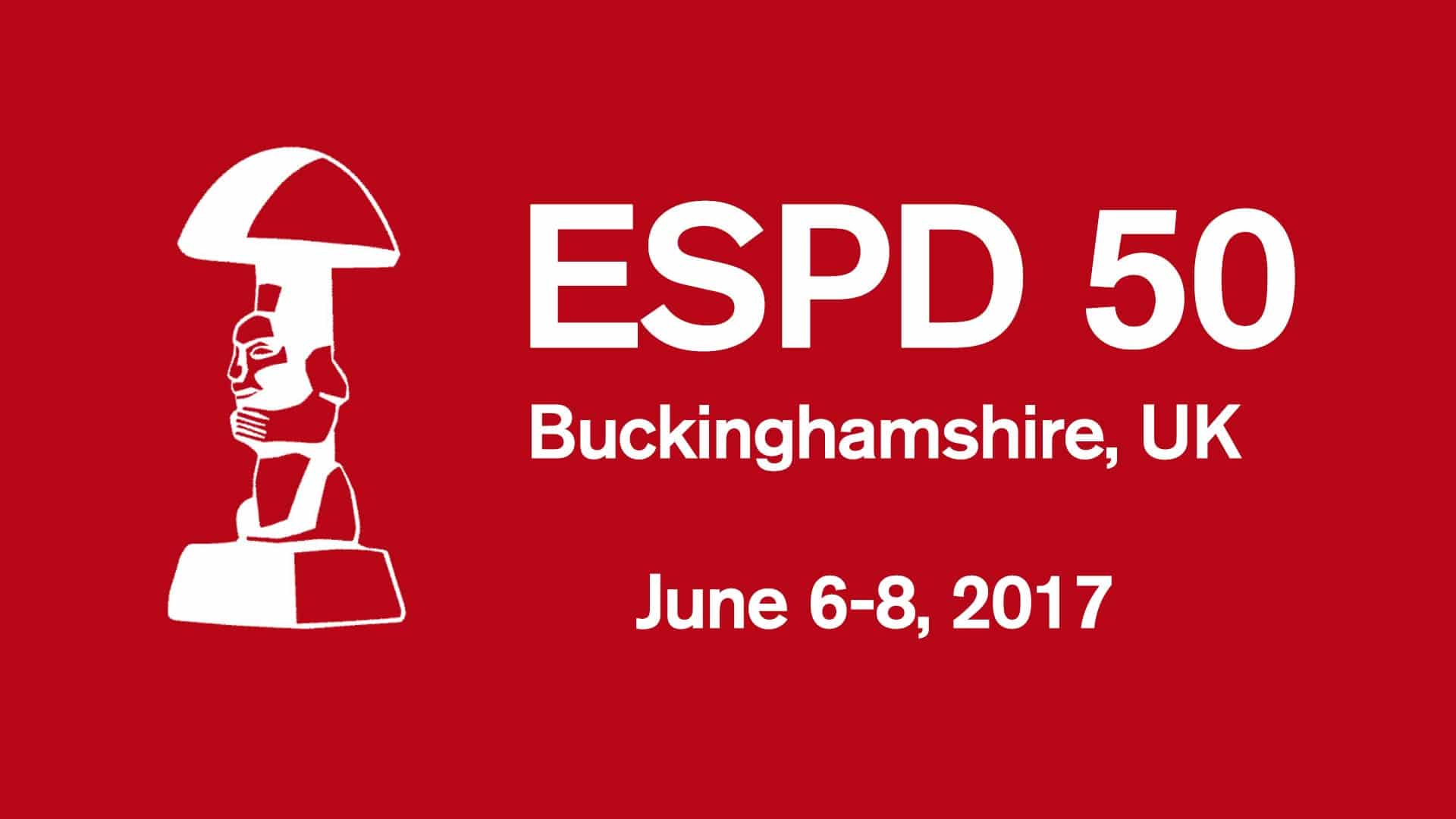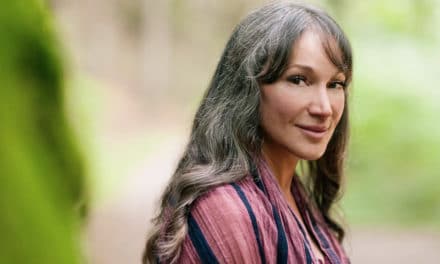
Photo by Chris Ryan
The war on drugs has been violent and repressive, and its casualties are not just limited to those who use or sell psychedelics. In rejecting all psychedelics as harmful and all native traditions that use them for healing as primitive, we have not only lost sovereignty over our own consciousness; we have lost some of the most valuable tools and traditions for promoting mental health and community cohesion. The good news is that this trajectory seems to be turning around due to the efforts of psychedelic researchers, harm reduction advocates, and public figures who are changing the conversation around psychedelics and undoing the decades of propaganda that our culture has been inundated with. In this continuation of our previous conversation with comedian, podcaster, and psychedelic advocate Duncan Trussell, we explore the fascinating space where modern drug prohibition, mental health, and ancient traditions intersect.
Thanks again for taking the time to speak with us, Duncan. When did you first realize that psychedelics were not just recreational but revelational?
The first time I ever took LSD when I was in high school, I realized that. It was something incredibly special, important, and beautiful. It was a feeling of suddenly coming into contact with a previously inaccessible data field that nobody in my family or community or high school was talking about. The teachers weren’t talking about it, parents weren’t talking about it; nobody who had taken on any kind of role as a mentor was mentioning that there was this experience you could have that would allow you to see things for the first time in a brand new way. The chance to hear songs that you had heard hundreds of times as if you were listening to it for the first time and hearing something deeper in it. The ability to see (at least for me) strange writing in the seat cushions of my friend’s Toyota Tercel. It was a feeling of pure love and connection to the universe, and everything about it seemed life-affirming, healthy, and spiritually beneficial. And yet this is an illicit substance that, to this day, you have to obtain by going outside the law, and that never stopped being weird to me. The first time you are laying in the grass looking up at the sky and feeling this brand new feeling, it runs counter to all of the anti-drug propaganda that you have been inundated with. You come face-to-face with the horror of the war on drugs, and I think especially for a kid in high school, that only makes it that much more appealing—that a thing this amazing is somehow taboo.
To take a psychedelic is to have first-hand knowledge of how powerfully beneficial these substances can be, and the fact that they are illegal gives you a glimpse of just how backwards our culture is; that even in the age of such incredible technological advancements, here we are still prohibiting states of consciousness for reasons that nobody completely understands.
Indeed. Not only does it make the whole situation more dangerous by limiting information and creating a black market, but it also disconnects us with the great ancient human traditions of how to use psychedelics properly.
Yes, I think that one of the great horrors of the war on drugs is that psychedelics are being taken by people who haven’t been shown the maps that humans have spent a lot of time—some cultures thousands of years—charting for us. I can remember several times on an LSD trip when I would be seeing some kind of mandala clearly, and I would be looking at the thing, and I wouldn’t know that it’s something found in Tibetan Buddhism. You’re seeing this beautiful, vivid geometric shape filled with symbols and writing, but you have no context to understand it. Maybe that’s better, I don’t know, to see it without any tradition, but I think you could have a lot of profound moments slip by without these maps.
Using psychedelics without a deep understanding of them is like suddenly being invited into a library filled with tomes that contain within them the perennial wisdom of our species and only being able to look at the pictures. This is a casualty of the war on drugs; this is one of the many wounds that this insane prohibition of psychedelics has ripped into the flesh of our species. I still know people who cannot say publicly that they use psychedelics because they’re afraid that they’ll lose their job, lose contracts they’re working on, or be rejected by their sponsors or the network that they’re on. It really is horrifying to me that this is still going on. I’ll always return back to the part of myself that feels genuine outrage.
If we lived in a sane society, we’d follow some patterns that were set out in earlier cultures where there was an initiatory period for a child. A lot of times kids start experimenting with psychedelics right around the same time that in a tribal culture they would be taken through an initiation ceremony. They might be invited to learn the deeper secret of the tribe or given some kind of name or some information that they could apply for the rest of their lives, and a lot of times there would be a psychedelic sacrament involved. That’s a very important cultural structure, but what is that for us now? “I’m gonna get ya a Bud Light, son—welcome to manhood!” That’s a tragedy, an epic tragedy, but it’s the kind of tragedy that we don’t even see anymore because we’ve become so disconnected from the rhythm of what it is to be in a real community where the laws are based on natural law and arise from a connection with nature and the earth and the stars instead of a connection with corporations…and governments that undermine their opposition when things are illegal.
In your mind, what does a new psychedelic-friendly era look like, and what are its broader implications?
I really like the idea of creating centers where people can…experience these states of consciousness with therapists who have been trained to facilitate those experiences. I think that if MAPS continues to be successful with the research they’re doing with MDMA for PTSD, that could open the door for the possibility of other substances such as LSD, psilocybin, and ibogaine to follow suit and be prescribable. With that, there will be a general shift in the cultural apprehension of what these substances are. Because currently, no matter how much I try, when I take a psychedelic, there is still a part of me that has been conditioned at an early age from the propaganda of the war on drugs. There’s still a part of me that feels a little bit like a criminal—even talking about it.
A future where psychedelics are no longer taboo is a future where a lot of other things become less taboo. For example, right now, if I have a broken leg, I’m not going to hide it. I’ll go outside with my cast, and maybe I’ll get a bright purple cast or something and feel proud that I have a broken leg because it indicates that I did something daring. But if I have, say, an endogenous depression, and I’m feeling it come back into me again, then I’m not going to want to tell people about that because a part of me is embarrassed by it. Having any kind of state of consciousness that deviates away from the mainstream reality tunnel—once you get a certain number of gradients away from that—then suddenly you are an outcast. People look at you differently. They talk to you differently. They worry over you in weird ways. I would think that once people begin to understand that the spectrum of consciousness is so much larger and so much more beautiful than the spectrum that we tend to exist in as a society, then possibly there would be some relief from the negative judgments that our culture has for people that are struggling with what we call mental illness.
So in the field of mental health, I think we would see a kind of renaissance, and from that possibly—and who knows, man, I’m really just a podcaster and comedian, so I don’t know—but perhaps we would see some reduction in certain types of mental illness. Not just because psychedelics are great for treating depression, but also because another thing that’s great for treating depression is not hiding the fact that you’re depressed. If we we’re not afraid to go outside to the park with big, beautiful, black dilated eyes and stare up into the sky holding hands with strangers and laughing for a few hours, then maybe we won’t be afraid to tell people that we love that we’re not feeling okay, that something seems to be different. From the moment you start announcing you’re in a bad place, you are on the pathway to healing.
We are very grateful to Duncan for speaking with us and for applying the lessons that psychedelics reveal in his comedy and podcast. Be sure to follow Duncan on Twitter and check out his podcast The Duncan Trussell Family Hour.









